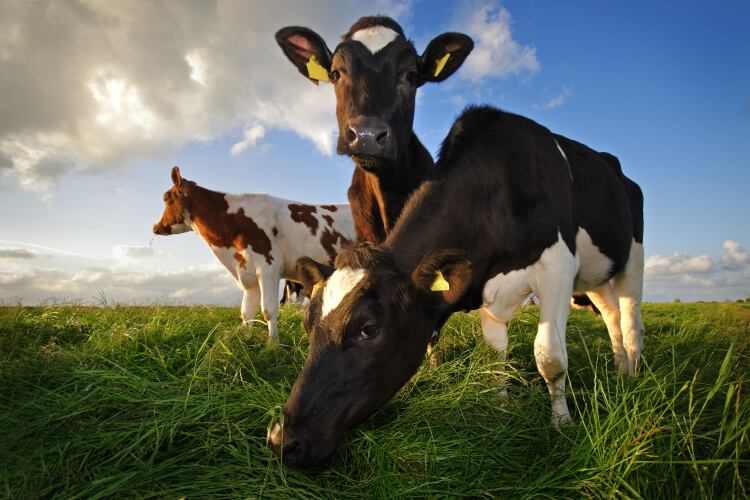Plans to include a mandatory 5% electricity reduction target during peak hours of consumption across European Union member states could pose a risk to farming and food security if the agri-food sector is not exempted from the plans, farming and agri-cooperative bodies Copa and Cogeca.
Energy ministers of the EU member states reached a political agreement Friday, September 30, on a proposal that could oblige each EU country to cut its electricity consumption by 5% during peak hours – which each country would have to set out – and achieve a voluntary reduction of 10% gross electricity consumption.
But the plans could threaten the existence of many farmers and agri-cooperatives, which have been feeling the pressure of the rising cost of fertilizer, fuel and other key inputs.
“Many agri-food operators work on a 24/7 basis, reducing energy consumption in peak hours would not result in absolute energy savings but could lead to disrupted food and drink production, with potential market implications throughout the upcoming winter,” said Patrick Pagani, senior policy advisor at Copa-Cogeca. “For example, fruit and vegetables sector, with 12 million tons of apples and two million tons of pears collected, from the moment a fruit or vegetable is harvested, it needs to be kept in cool in high refrigeration storage to avoid spoilage, but this is energy-intensive. What happens if they need to stop refrigeration? There is a risk of food spoilage or food waste. For campaign-based sectors such as sugar and potato starch, the volume of agricultural raw materials requiring processing would remain the same, but the transformation period would need to be extended, leading to an overall increase in energy usage.”
The solution would be for member states to exempt the agri-food production industry from this strategy, which according to Pagani would be in line with the European Commission’s guidance that places the food industry among the sectors that are ‘critical or strategic from a societal perspective’.
Copa President Christiane Lambert added: “Member states should consider our European agri-food production as essential concerning the gas supply and in the context of the measures agreed yesterday on electricity demand reduction. Our sector, which delivers daily nutrition to our citizens, should be excluded from the requirement to reduce energy consumption ring peak hours as such limitation could result in serious market and supply chain disruption, while leaving many of our farmers in severe conditions.”
The proposals also set out a revenue cap of €180/MWh on profits made by so-called inframarginal electricity generators, mainly nuclear and renewable energy companies, as well as a temporary ‘solidarity contribution’ to be imposed on oil, gas and coal companies that have seen more than 20% increase of their average yearly taxable profits in the past four years.
Copa-Cogeca has called for a portion of the so-called solidarity contribution to be put towards supporting the farming sector. Cogeca President Ramon Armengol stressed the importance of maintaining the liquidity in the sector: “At the moment many of our agri-cooperatives are faced with liquidity issues, due to high energy prices and input costs. It is key to aid them to continue operating at previous levels of productivity. What is needed is a revised Temporary State Aid Crisis Framework to make it more of a fit-for-purpose for the agri-food supply chain and to ensure an easier access to credit.”
Pagani explained that the revisions is needed to tweak the criteria introduced by the European Commission, which has hampered the framework’s implementation in some countries. The bodies believe the scheme, which is due to run until December 31, 2022, should be extended to the end of 2023. To encourage take-up, “instead of having to demonstrate operating losses, it should suffice for sectors to show reduced results resulting from the energy price crisis,” Pagani said. Copa-Cogeca have also called for an assessment of aid at the level of production sites to provide a more targeted operational support; and for extending the annex of ‘particularly affected sectors and sub-sectors’ to include the most energy-intensive sectors of the agri-food supply chain.
Copa-Cogeca concluded: “In a context where food affordability has become an issue due to the increase in inflation, we hope that the measures agreed yesterday and their implementation by the Member States will bring relief to European citizens, and also to the farming community which remains committed to continuing to provide consumers with safe, quality food produced in a sustainable manner.
“For European farmers and agri-cooperatives to continue operating, it is key to ensure the conditions for producing at affordable prices by contributing to curb inflation, facilitating the sector’s access to energy and reducing the volatility of energy prices.”



